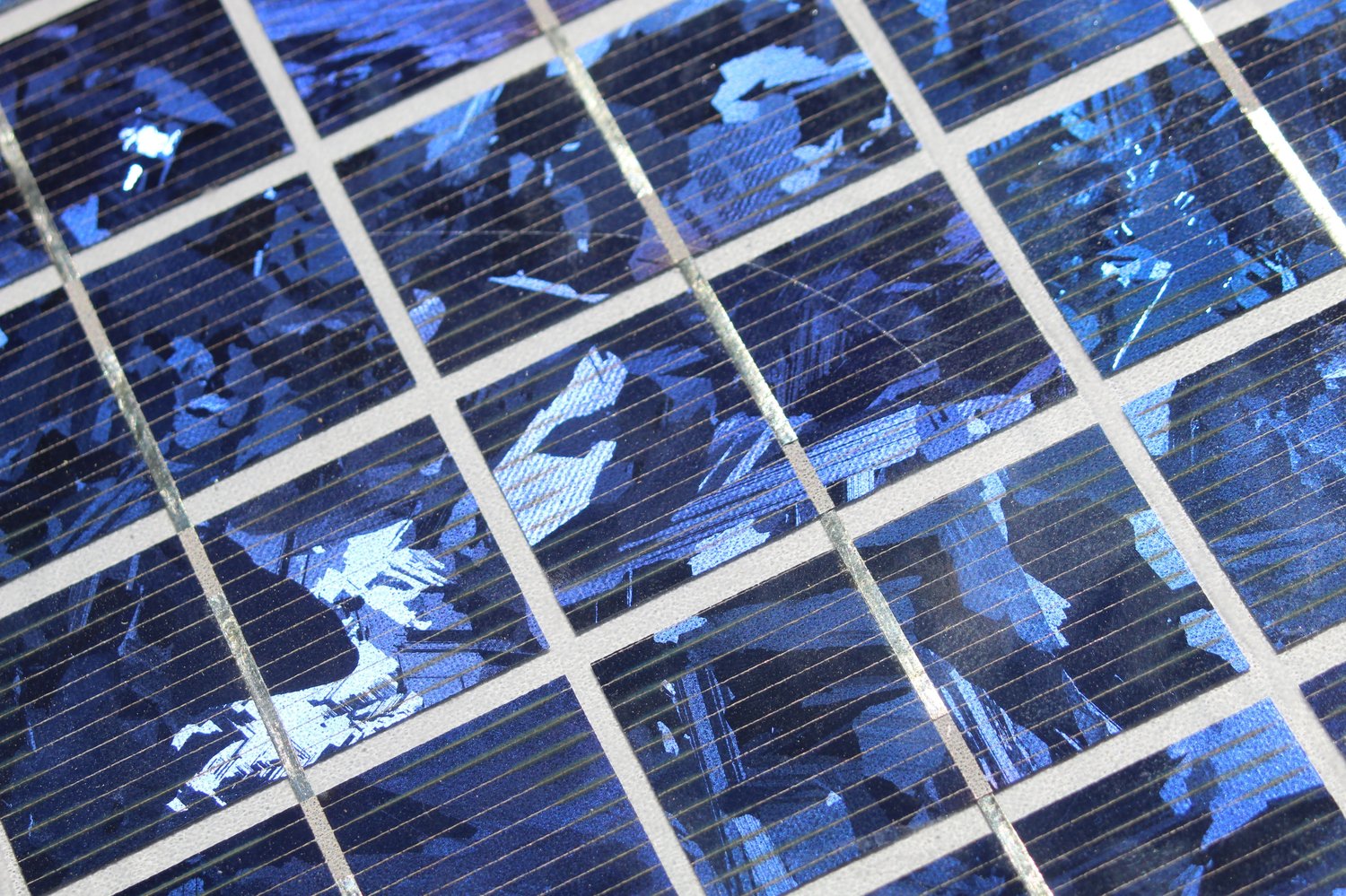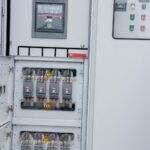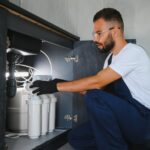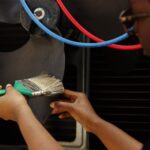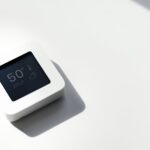Imagine this: your investment in solar technology promises clean energy and cost savings, yet suddenly, the system falters. Solar panel system failures not only disrupt this promise but can lead to costly repairs if not promptly addressed. Understanding and troubleshooting these issues is crucial for any solar energy user looking to maintain their system’s performance and longevity.
- Explore the main reasons solar panels fail due to environment, installation, and component defects, ensuring you’re well-prepared to tackle common issues.
- Uncover how weather conditions, shading, and natural wear influence your solar panels’ efficiency, guiding your maintenance practices.
- Learn to identify typical component malfunctions, like inverter failures and wiring problems, to maintain optimal system output.
- Receive a practical guide on performing DIY troubleshooting tasks, from checking connections to analyzing power output, empowering you to address minor issues independently.
- Recognize when it’s crucial to consult a professional to prevent complex problems from escalating, ensuring system safety and performance.
By the end of this article, you’ll be equipped with the knowledge to proactively maintain your solar panel systems, safeguarding your renewable energy investment and promoting consistent energy production.
Understanding Solar Panel System Failures: Causes and Solutions
Solar panel systems are an excellent way to harness renewable energy, but they are not immune to setbacks. Understanding the causes of solar panel system failures can help you prevent disruptions in energy production and maintain a reliable system.
One significant reason for failure is environmental factors. Exposure to harsh weather conditions or deep shading can severely affect performance. Another critical aspect to consider is installation errors. Improperly positioned panels or incorrect electrical setup can lead to inefficiencies and energy loss.
Furthermore, component defects often result in system failures. Issues such as a faulty inverter, poor wiring, and connector degradation are common culprits that cause technical mishaps.
An effective way to ensure long-term efficiency is by identifying these potential issues early. By doing so, you can implement appropriate solutions and avoid costly repairs or replacements.
Environmental Factors Affecting Solar Panel Performance
Environmental conditions are pivotal in determining solar panel performance. Weather plays a crucial role, as extreme temperatures and heavy snowfall can affect the efficiency of your solar panels. During periods of low sunlight, energy production drops, significantly impacting your system’s efficacy.
Additionally, shading from trees or nearby structures can lead to uneven power distribution across the panel array. Even partial shading can cause significant reductions in energy output, as most solar systems are designed to function optimally only when all panels receive equal amounts of sunlight.
Long-term exposure to these environmental elements can also cause natural wear and tear, which degrades solar panels and related components over time. This means regular maintenance and monitoring are essential to prevent and manage potential inefficiencies effectively.
Understanding these environmental factors allows you to plan better installations and maintenance strategies, ensuring your solar panel system operates at its best for years to come.
Component Malfunctions and Their Impact on Solar Panel Systems
Solar panel systems, while generally reliable, are not without their potential issues. Component malfunctions can significantly affect the efficiency of your renewable energy setup, leading to increased costs and reduced performance. One of the most common component-related issues is inverter failure. Inverters are crucial to converting the direct current (DC) generated by solar panels into alternating current (AC), which is usable by most household appliances.
Wiring problems are another frequent concern. Over time, wires can become loose or corroded, causing significant disruptions to the system’s power flow. Regular inspections can help identify and fix these issues before they cause severe damage.
Connector degradation also poses a risk to solar panel efficiency. Connectors can wear out due to exposure to environmental elements, such as rain or extreme temperatures, affecting the energy flow between the panels and the inverter. Ensuring all connections are secure and in good condition is vital for maintaining optimal performance.
DIY Troubleshooting Techniques for Solar Panel System Failures
For those who enjoy hands-on work, troubleshooting solar panel system failures can often be addressed with a few simple checks and adjustments. Begin by inspecting all visible connections. Ensure they are tight and free from signs of corrosion or damage.
Next, monitor the power output of your solar panels. This can typically be done through a monitoring app or device supplied by your solar panel provider. Look for inconsistencies or significant drops in production, as these can indicate potential problems.
If the issue persists, examine the inverter. Check for any warning lights or error messages that might signal a fault. Often, a simple reset as per the manufacturer’s guidelines can resolve minor inverter issues.
Beyond these steps, review any shading on your panels that may have developed over time from growing trees or new structures. Shading can reduce performance significantly, and addressing it can often restore efficiency.
These troubleshooting techniques can solve many basic issues, helping to maintain seamless energy production. However, should complex problems arise, it is wise to seek professional assistance to avoid compromising the system’s integrity.
When to Seek Professional Help for Solar Panel System Troubleshooting
While many solar panel system issues can be diagnosed and addressed through DIY troubleshooting, certain situations necessitate the expertise of a professional. Recognizing when to call in a specialist can prevent further damage to your solar energy system and ensure safety.
One key scenario where professional intervention is vital is when you encounter persistent electrical issues. If there is a recurring problem with the inverter or any signs of faulty electrical wiring, such as flickering lights or unusual sounds, it’s essential to contact a professional technician. Ignoring these signs can lead to further complications, including potential safety hazards.
Professional help is also crucial if your solar panels show signs of significant physical damage. Cracks, severe discoloration, or any form of visible damage may compromise the system’s integrity. Experts can assess the condition of your solar panels and suggest appropriate repairs or replacements to restore efficiency.
If you observe a substantial drop in energy output despite optimal weather conditions, it may indicate a more complex issue affecting your solar panels. Reduced power output could stem from problems within the electrical grid connection or malfunctioning solar cells, which require professional diagnostic tools and expertise to resolve.
Furthermore, complex troubleshooting—such as diagnosing issues with power optimizers or microinverters—should be left to professionals. These components can be intricate, and improper handling might escalate the problem.
Lastly, regular inspections by certified solar technicians are crucial to maintaining system longevity. Professionals conduct thorough assessments, ensuring all components function correctly and efficiently, thereby optimizing renewable energy production.
By recognizing these scenarios, you can ensure that your solar panel system operates safely and efficiently. Timely professional intervention not only prolongs the lifespan of your system but also maximizes your solar energy investment.
Frequently Asked Questions About Solar Panel System Failures
What are common causes of solar panel system failures?
Environmental factors, installation errors, and defective components are typical causes.
How do weather conditions affect solar panels?
Extreme temperatures, snow, and hail can damage or decrease panel efficiency.
What should I do if my solar panel system is not producing enough power?
Check for shading issues, dirt accumulation, or potential component malfunctions.
When should I contact a professional for help with my solar panel system?
Seek professional help if issues persist after basic troubleshooting or if there’s risk of electrical hazards.
Can a faulty inverter affect my solar system’s performance?
Yes, an inverter failure can lead to significant efficiency drops.

